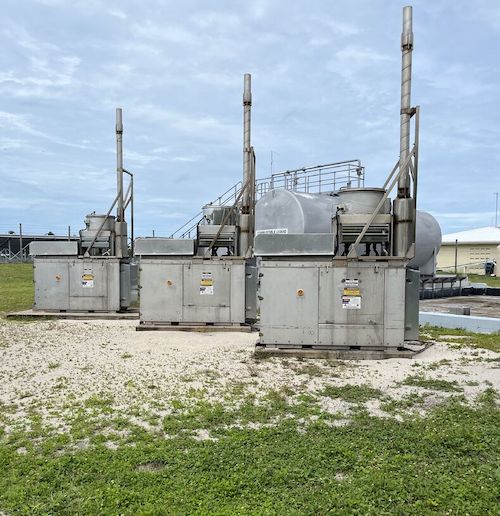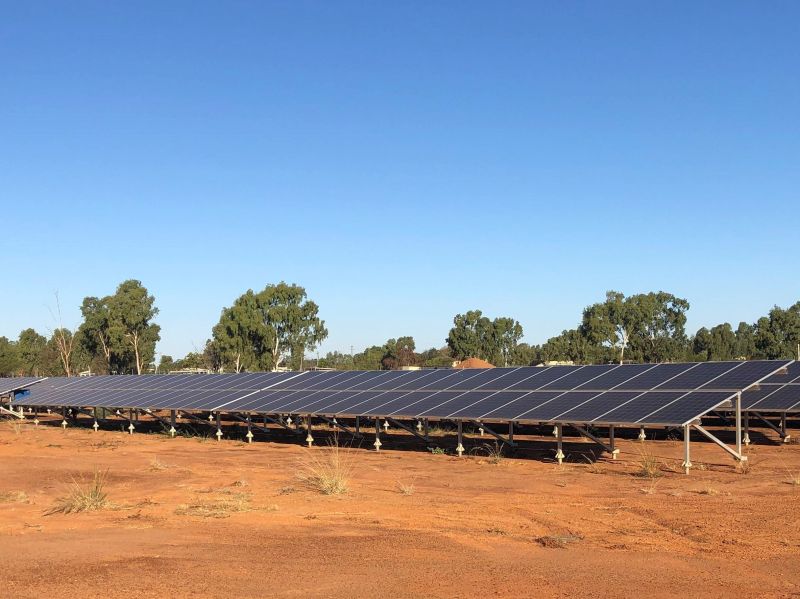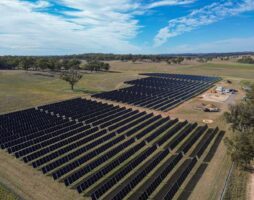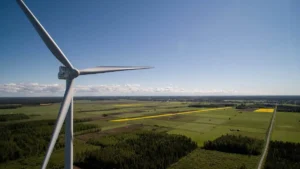The Queensland government is spending $28 million to allow four remote communities to ditch fossil fuels for good by setting them up with solar and battery storage.
State-owned energy network Ergon will install 8.25 megawatts (MW) of solar panels and 7.5 megawatt hours (MWh) of batteries in the towns of Doomadgee, Windorah, Burketown and Boulia, which the government says will save a total of $3 million a year in diesel costs.
“Ergon Energy Network’s isolated networks provides both the generation and distribution network services in a type of micro-grid,” said Energy Queensland acting chief engineer Jason Hall.
“Queensland’s isolated networks are mostly powered by dedicated diesel power stations, with some generation coming from a combination of customer-owned rooftop solar PV, and centralised renewable energy installations owned and operated by Ergon Energy Network.”
Ergon has 34 isolated networks that supply power to 39 communities which ring the northern and western edges of the state.
These have typically been powered by centralised diesel power stations, which in 2021 had an installed capacity of 46 MW, the company said in its Isolated Networks Strategy 2030.

The network wants to get communities off diesel, partly from an emissions perspective and partly to secure an energy grid that is being disrupted by rooftop solar.
It spent $2 million to upgrade the two turbines on Thursday Island in the Torres Strait earlier this year, while a decarbonisation trial in Mapoon, Burketown, Birdsville, Windorah and Bedourie has been running since 2020 and is due to report back in October.
“The beauty of outback Queensland may be a world away from global events like the illegal war in Ukraine, but we cannot underestimate how much global price rises on fossil fuels are impacting them,” said Queensland energy, renewables and hydrogen minister Mick de Brenni.
“Because Queenslanders kept their energy system in public hands, they can put the people of these remote communities first in our energy and climate transition, saving millions by switching to solar.”
Doomadgee will be the largest project, with a 4.5 MW solar PV installation and a 4 MWh battery. This is forecast to save around 680,000 litres of diesel and $1.36 million per year.
Windorah is getting a 850kW solar system and a 1 MWh battery, estimated to save 150,000 litres of diesel and $300,000 each year.
Burketown will receive a 1.2 MW solar system and a 1 MWh battery with a forecast saving of 270,000 litres of diesel and $540,000 per year.
And Boulia gets a 1.7 MW solar system and a 1.5 MWh battery, which is forecast to save 360,000 litres of diesel and $720,000 each year.







